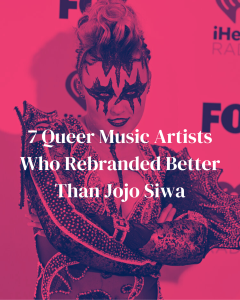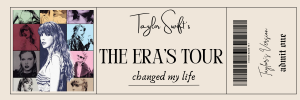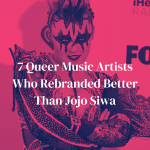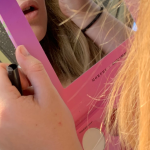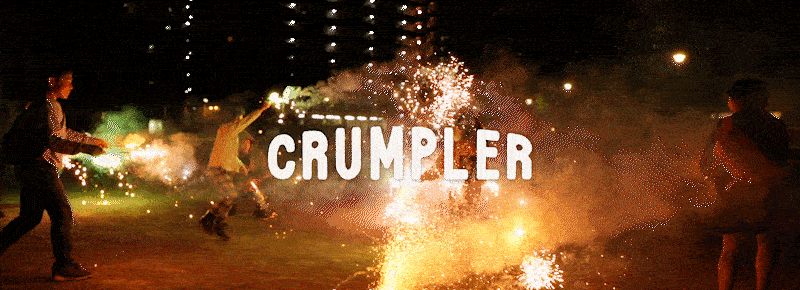By Max Fox
“I’m gay but I’m not feminine”
“I’m gay but I like beer”
“I’m gay but I don’t let that define me”
That’s the one statement I just can’t reconcile.
Queer people have different stories, journeys, values, and generally speaking it’s wrong to generalise. But the “I’m [THIS] but I don’t let that define me,” dialogue is not one which supports the individuality of the queer experience. It’s the final shard of internalised homo/queerphobia that gets left – lodged deep and lingering well after the coming out, self-acceptance process.
“I’m gay but I don’t let that define me” is someone adopting gay stereotypes and distancing themselves from them. Stereotypes and their implications are well-researched, but it’s no surprise social behavioural analysis doesn’t filter down into everyday conversation. At the human level, stereotypes let you self-categorise to form groups in society with people you identify with, which can be good. But if you belong to a member of a group by definition, but not behaviour (like if you’re gay ‘but’ masculine), stereotypes work to marginalise, creating a call to reject a perception of the gay status quo and incubating the rot of prejudice within the community. Snubbing, rejecting traits that are ‘gay’ does nothing for us – it is used by our enemies against us.
There are loads of stereotypes in the queer community: gay guys are just one of the girls, butch lesbians, fashion darling, promiscuity – I really don’t need to list more, we all know them well. Personally, I’m effeminate, have that gay voice, limp wrist, and so do a lot of my friends. If stereotypes are bad, and I conform to and accept them, has my own self-identification been governed by correspondence bias? Who am I but a stereotype? Reconciling self-identification with the perception of others is a tale as old as time and isn’t limited to being gay, it’s common to all marginalised communities. It’s the same mechanism that solidifies my identification with stereotypes as makes someone want to reject them.
By no means do you have to conform to a stereotype, but saying you’re not letting your sexuality define you isn’t doing what you think it’s doing. No person’s sexuality defines them, regardless of whether they conform to any behavioural stereotypes. My sexuality doesn’t define me either, but it is a part of me, one that I embrace.
I often describe the “I’m gay but I don’t let that define me,” trope as a phase. It’s a phase I went through from around 13 to 16, when the feminisation suppression machine of high school was operating at full speed. “I’m gay but I don’t let that define me,” is the ultimate hurdle of self-acceptance, and all it takes is a change of perception. Let it go and continue to be exactly who you want to be. Whether drag queen or mechanic, top, bottom or vers, masc or fem, our identities are valid, and we all belong.
